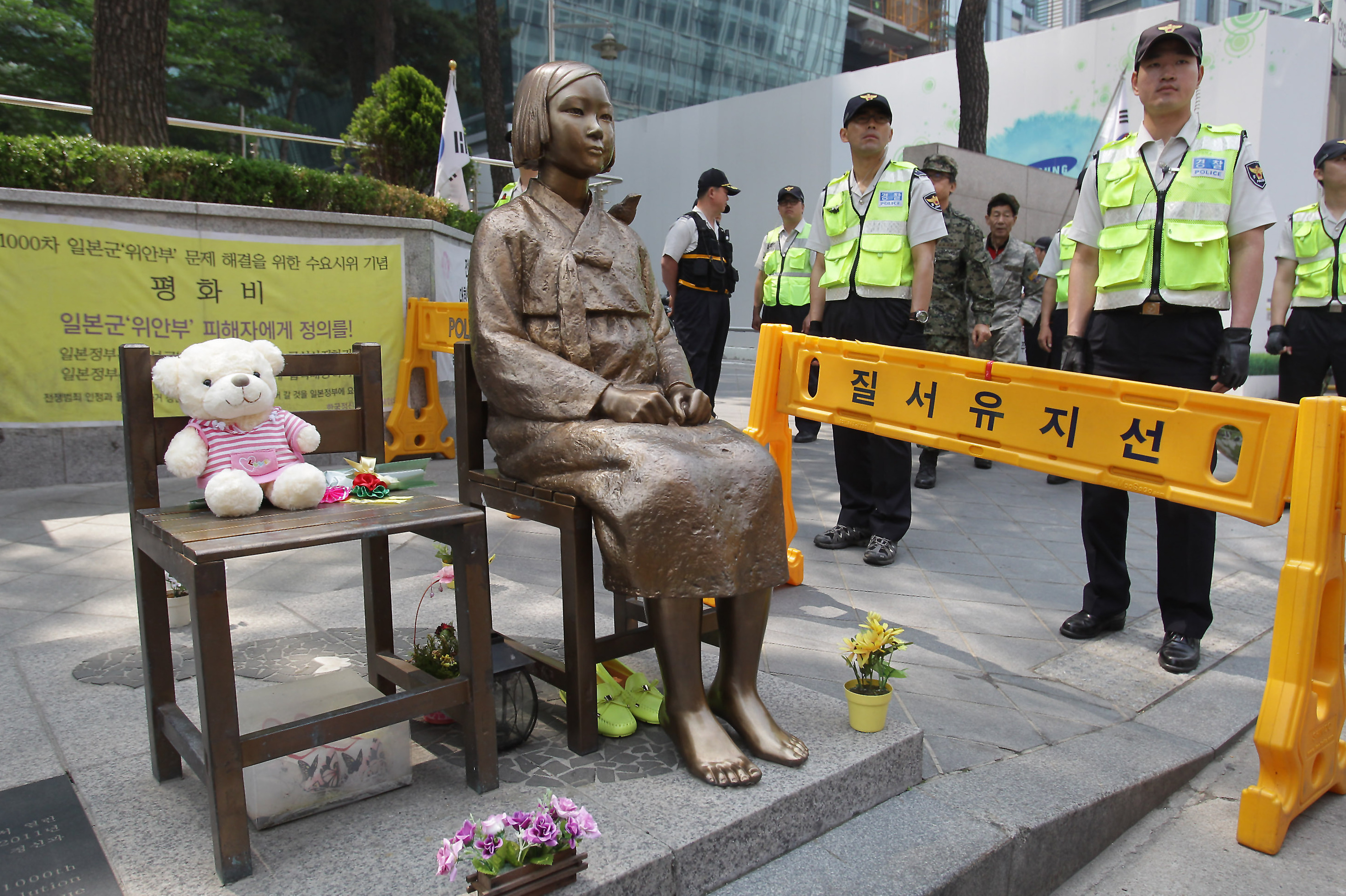
The Virginia State Legislature’s Senate Education and Health Committee passed by a majority vote a bill requiring textbooks in the state’s public schools to include Korea’s denomination “East Sea” alongside “Sea of Japan.”
This is unacceptable because it disregards the position of the U.S. and Japanese governments as well as the International Hydrographic Organization that “Sea of Japan” is the internationally established name.
The bill was introduced by legislators whose constituencies include large numbers of Korean residents and who have also received donations from Korean residents. Even though this has been criticized as an election publicity stunt, they can’t be blamed for it.
It’s not surprising that Japanese Ambassador Kenichiro Sasae commented, “I’m concerned about this kind of move. We will make efforts to make sure the move (in Virginia) does not spill over” to other states. I would like to encourage rejection of this plenary session.
It’s not just Virginia. Korean organizations have set a target of having “East Sea” included in public school textbooks in all 50 states by March 2017. The Japanese government should summon up its diplomatic missions in the U.S. to call wide attention to the injustice of this sort of movement.
On one occasion, a delegation of local Tokyo legislators visited Glendale, California, the city that erected a “comfort women” statue, and handed over a letter of protest saying, “A great deal of confusion has been caused by false propaganda.” I would like to evaluate this voluntary, assertive approach. Remaining silent injures the dignity of Japan.
The neighboring city of Buena Park, due to Japanese protests, refused a request by Korean residents to erect a “comfort women” statue. They were flooded with email and telephone protests from the U.S. and abroad, resulting in the assessment that it would be inappropriate for the local government to get involved in an international dispute. The city’s calm response is appropriate.
It mustn’t be forgotten that Korea’s assertion that “Sea of Japan” is a remnant of the Japanese Imperial era, and the movement to erect “comfort women” statues are part of an anti-Japanese movement utilizing a perception of history.
If left as is, American sentiment toward Japan will worsen, possibly affecting U.S.-Japan relations.
The Japanese government, in cooperation with Japanese-Americans and Japanese citizens residing in the U.S., needs to contact the U.S. authorities and Congress and call for a stop to activities demeaning to Japan.

Leave a Reply
You must be logged in to post a comment.